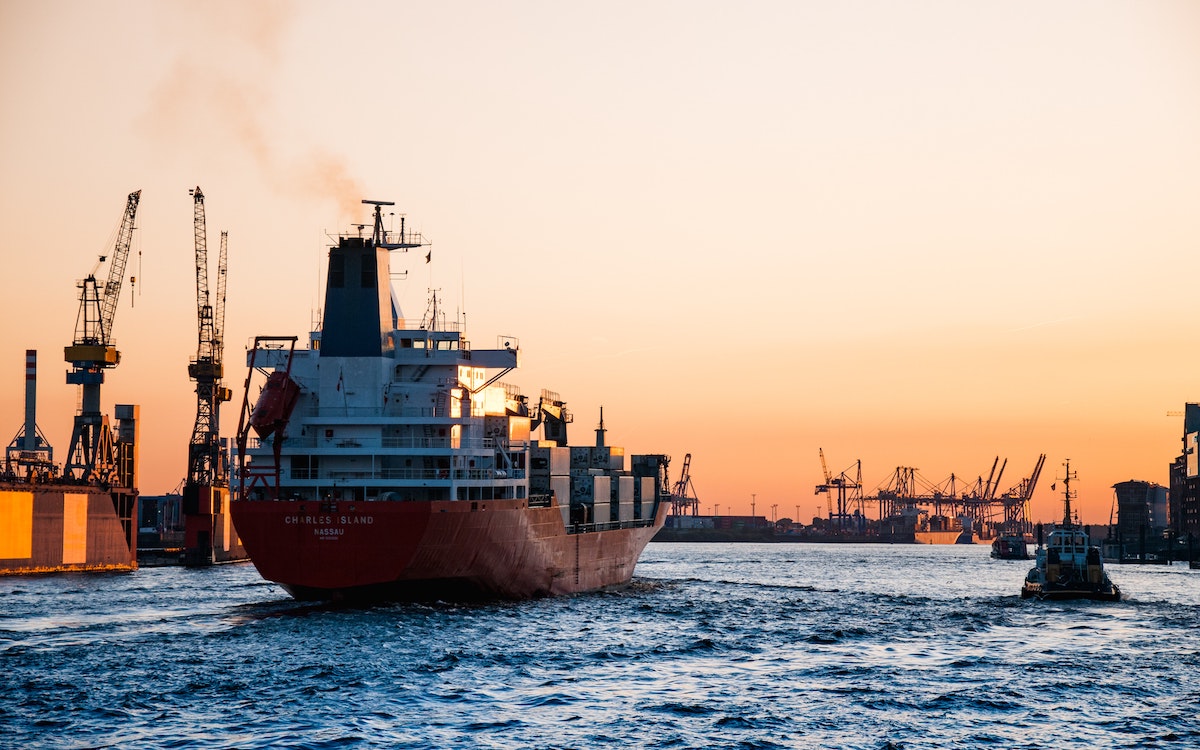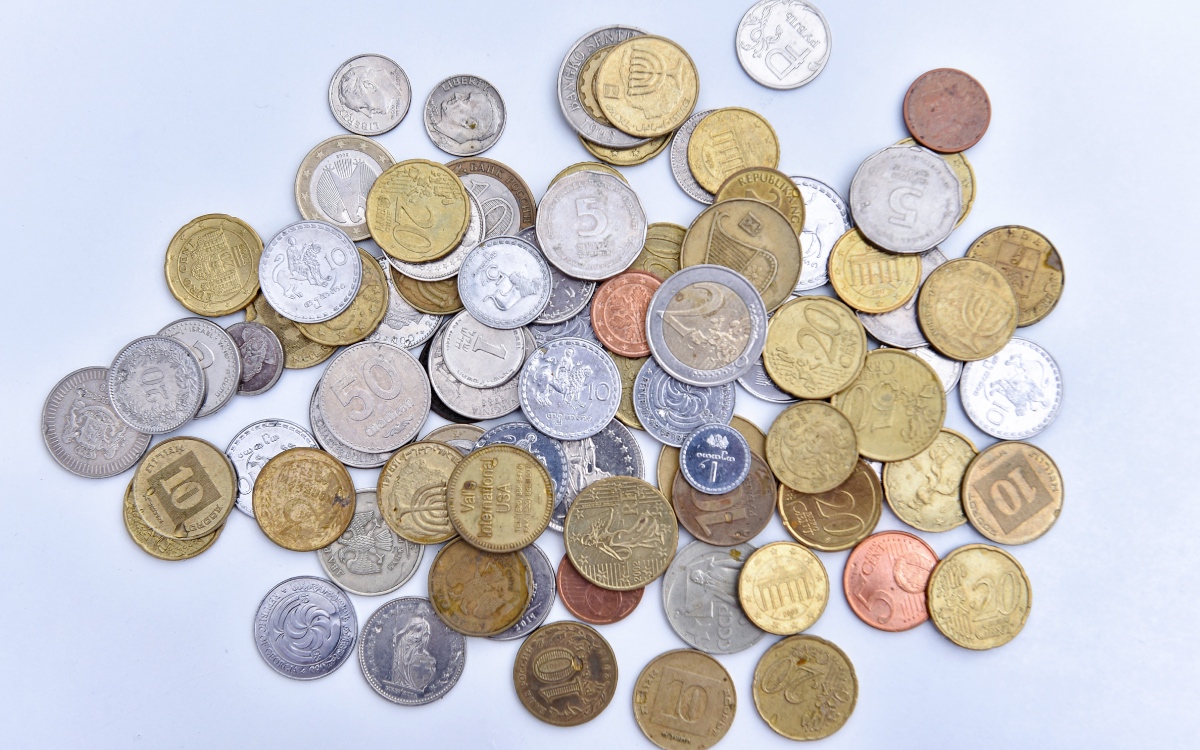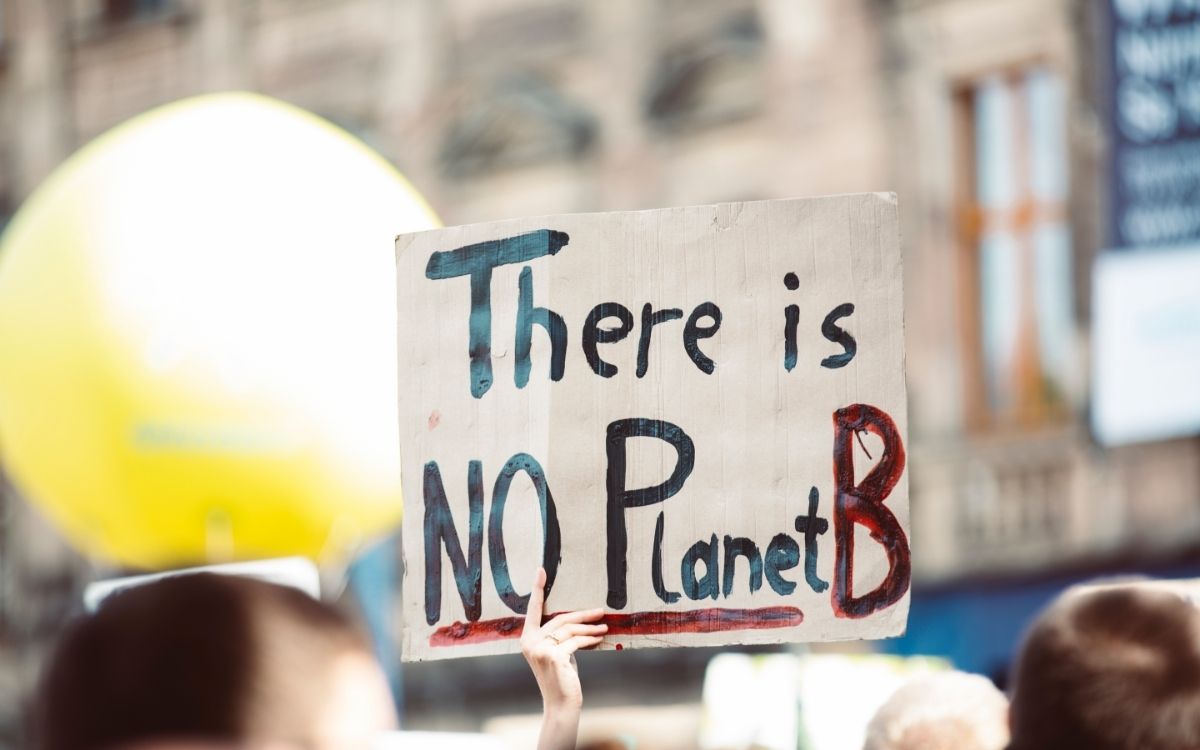Our Fuel Supply is Scarce
It is a well-known fact that Australia’s reserve of diesel fuel is limited. Indeed it is estimated by the Australian Government, that in the event of supply crisis our reserve of diesel would be exhausted within approximately 21 days [1]. Yet under our nose there exists a resource that we treat as a burdensome waste, a waste to be disposed of, allowed to sail off into the sunset, by exporting it to Asia, more particularly to China. This resource is waste cooking oil (WCO).
Currently the collection of almost all of Australia’s WCO is sub-contracted by local authorities to a small number of waste oil aggregators who in turn clean the oil of particulates and export it. Once landed abroad much of this ‘waste’ is turned into biodiesel for blending with diesel or re-packaged for re-introduction into the local food chain, a practice fraught with negative medical consequences and one that is deemed illegal in Australia.
The export of WCO starves our few remaining biodiesel processing refineries of an affordable and sustainable resource, hence the closure of biodiesel plants across the country. This in turn leaves Australia with insufficient processing capacity and nowhere to turn should a supply crisis eventuate. A prolonged shortage of diesel combined with a lack of processing capacity could/would have dire consequences for Australia, so what is to be done?
Turning Waste into the Solution
The BioCube Corporation is not advocating that there exists a single bold solution to our strategic energy problems, what we do believe however is that by controlling the export of WCO and instead by encouraging local de-centralised processing of WCO into an environmental and sustainable fuel resource. Whether it be processed through the BioCube, a decentralised/containerised biodiesel processor, or by some other means, a good start would be made at risk mitigation.
That said, neither do we believe that a heavy-handed legislative approach to the problem is required. What is called for are simple policies that encourage responsible local authorities to prohibit the on-sale of WCO abroad and instead require its collection for local processing into biodiesel. Since it is our local authorities that sanction the collection and disposal of WCO, a caveat/condition such as this contained in agreements between the authorities and the aggregators would help build new industry and improve the supply of a sustainable/green fuel, namely biodiesel. To offset the loss of this export market to the aggregators the authorities, who themselves require diesel to operate their fleets and seek at the same time to reduce their own carbon footprint, should offer to buy-back all or part only of the biodiesel then produced.
In short, such measures would enable local urban, regional, and remote regions of Australia to manage their own diesel supply, create a sustainable secure platform for local employment, augment the circular green economy, reduce our reliance on imported fossil fuel, and lastly, increase our fuel reserves thereby enhancing Australia’s energy security.
[1] Australian Federal Government Liquid Fuel Security Review 2021: https://www.energy.gov.au/sites/default/files/Australian%20Petroleum%20Statistics%20-%20Issue%20297%20April%202021.pdf




